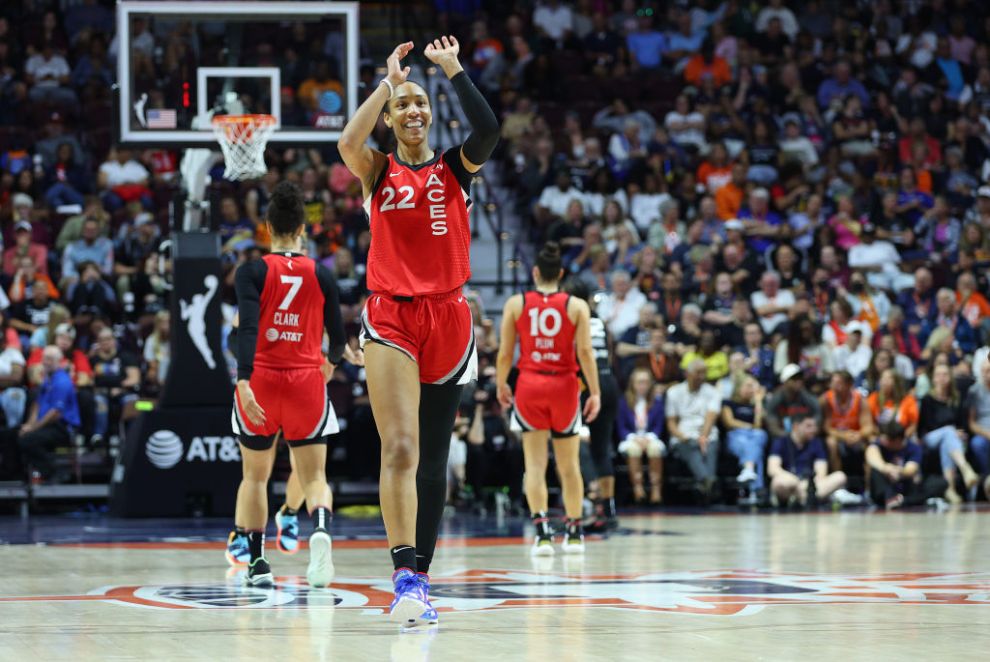The Women’s National Basketball Players Association (WNBPA) has announced its decision to opt out of the current collective bargaining agreement (CBA) with the WNBA. The move comes just a day after the New York Liberty clinched their first WNBA title, and it signals a growing demand for higher wages and improved working conditions.
WNBPA president Nneka Ogwumike, of the Seattle Storm, explained the reasoning behind the decision: “This is a defining moment, not just for the WNBA, but for all of us who believe in progress. The world has evolved since 2020, and we cannot afford to stand still. If we stay in the current agreement, we fall behind.”
WNBA Players Aim for Increased Salaries and Equity
The WNBA has seen significant growth in recent years, especially following its $2.2 billion media rights deal and record-breaking viewership. However, despite these advancements, players argue that their compensation does not reflect the league’s success. The current CBA, signed in 2020, is set to expire in 2025, giving both parties a year to renegotiate.
Ogwumike emphasized that the opt-out isn’t solely about paychecks. “Opting out isn’t just about bigger paychecks—it’s about claiming our rightful share of the business we’ve built, improving working conditions, and securing a future where the success we create benefits today’s players and the generations to come,” she said.
Players have long advocated for more equitable treatment, citing the need for changes to the salary structure, pensions, and support for players with children. Although charter flights were introduced in 2024, players are pushing for further improvements, such as enhanced practice facilities and more flexible salary caps.
The Path Forward
With the opt-out now official, both the WNBPA and league owners have until the end of 2025 to negotiate a new agreement. While there’s no immediate threat of a work stoppage, WNBPA members have made it clear they are prepared to take whatever steps necessary, even if that means delaying the 2026 season. “We’re prepared to negotiate for as long as it takes,” Ogwumike said.
The next year promises to be a crucial time for the WNBA, as both players and owners seek a future that benefits all parties involved.

